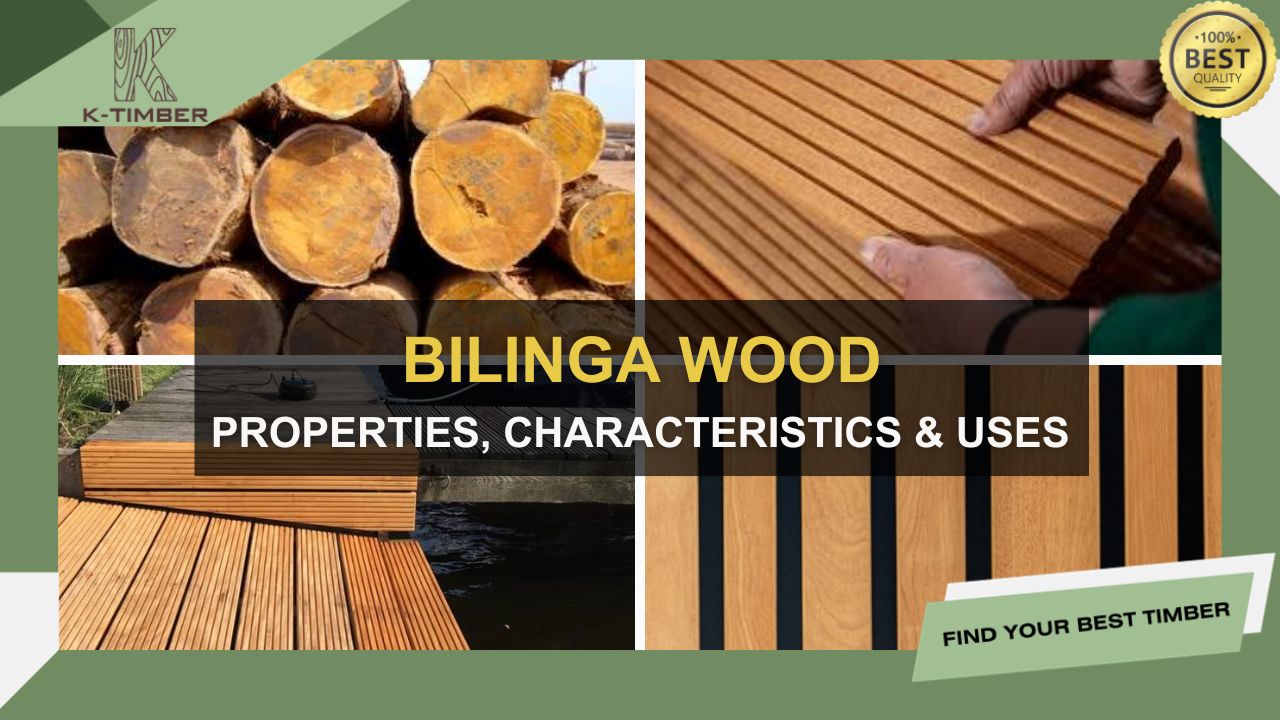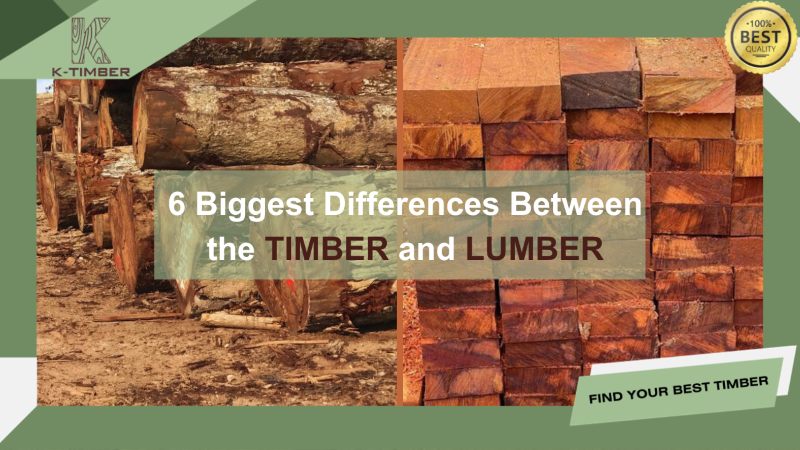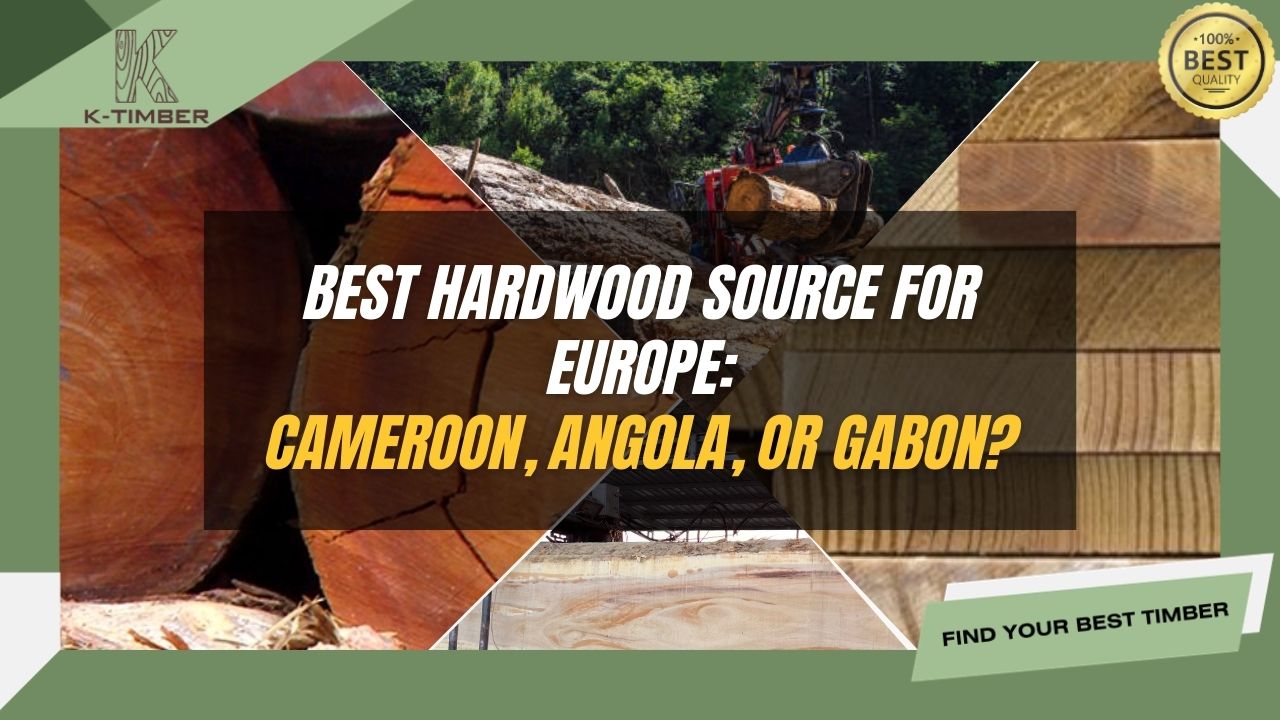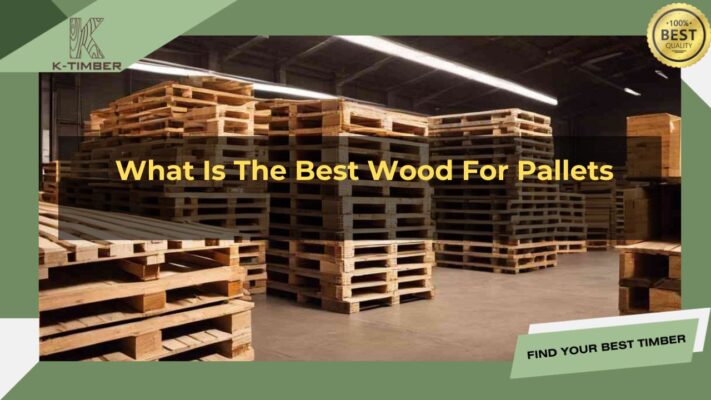
When it comes to building or sourcing pallets, one fundamental question arises: what is the best wood for pallets? The type of wood used not only affects the durability and strength of the pallets but also impacts their cost-effectiveness and sustainability. With numerous wood species available, each offering unique properties and benefits, selecting the right material can be a daunting task. This article delves into the various types of wood suitable for pallets, highlighting their characteristics, advantages, and applications. Whether you’re in the industry or simply looking to tackle a DIY project, understanding the best wood for pallets can lead to more efficient and reliable solutions for your needs.
Table of Contents
Factors to Consider When Choosing Wood

When selecting wood for pallets, several factors must be considered to ensure durability, functionality, and environmental sustainability.
Type of wood
One of the primary considerations is the type of wood being used. Hardwoods, such as Iroko and Sapele, are known for their strength and longevity, making them ideal for heavy-duty applications. On the other hand, softwoods like Acajou and Redgum are often more readily available and cost-effective, making them a popular choice for light to medium loads. The decision on which type of wood to use should align with the intended purpose of the wood pallets and the weight they need to support.
Moisture content
Another critical factor is the moisture content of the wood. Pallets that are too wet can warp or become brittle over time, while overly dry wood may be prone to cracking. It is essential to choose seasoned wood that falls within the recommended moisture content range, typically between 9% and 15%. Proper treatment, such as kiln drying, can help achieve the desired moisture levels, thus enhancing the performance and lifespan of the pallets. Additionally, understanding the regional climate and storage conditions can influence the longevity of the wood pallets and their suitability for specific applications.
Cost
Finally, one should not overlook the cost-effectiveness of the wood chosen for pallets. While investing in high-quality wood may incur a higher initial expenditure, it can lead to significant savings over time due to reduced maintenance and replacement costs. Evaluating the total lifecycle cost, including factors such as repair, reuse, and potential for recycling, is essential when making the final decision. By carefully considering these factors, businesses can select the right wood for pallets that meet their operational needs while aligning with their sustainability goals.
Understanding Different Types of Wood
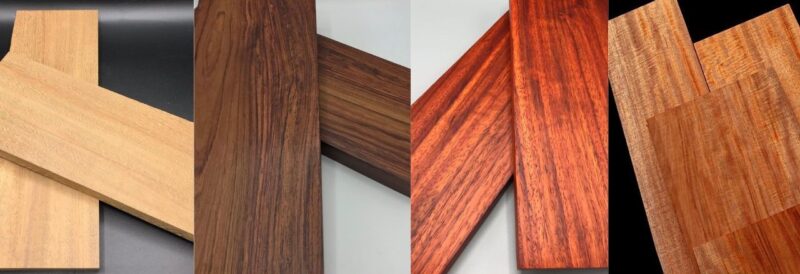
When selecting wood for pallets, it is essential to understand the different types of wood available. The choice of wood impacts durability, cost, and availability. Here are the main categories:
Softwoods
Softwoods are commonly used due to their lightweight nature and cost-effectiveness. Some common K-Timber softwoods include:
- Eucalyptus: Eucalyptus is lightweight and cost-effective, commonly used in construction and furniture making. It offers a good strength-to-weight ratio.
- Acajou d’Afrique: Acajou d’Afriqu is a very large tree from the forests of Angola. The tropical tree acajou d’Afrique can reach 60 m in height and 1.5 m in diameter.
Hardwoods
Hardwoods are known for their durability and strength but are generally more expensive. K-Timber’s hardwoods include:
- Iroko: Iroko is highly durable and resistant to weathering, often used in heavy-duty applications, including construction and furniture.
- Sapele: Sapele provides excellent strength and stability, making it ideal for flooring, furniture, and joinery.
- Doussie: Doussie is extremely durable and can withstand heavy loads, making it a great choice for high-stress applications in construction and industrial uses.
- Padauk: Padauk offers excellent resistance to decay and abrasion, making it suitable for both indoor and outdoor applications.
Engineered Woods
Engineered woods provide a blend of durability and cost-efficiency. These include:
Plywood: Plywood is made by gluing multiple layers of wood veneer, offering structural stability and uniform strength. OSB (Oriented Strand Board): OSB is composed of wood strands compressed with adhesives, providing strength and cost savings.
Understanding these varieties assists in selecting the best wood for pallets, ensuring durability, cost-efficiency, and suitability for specific applications.
Compare Popular Wood Types For Pallets
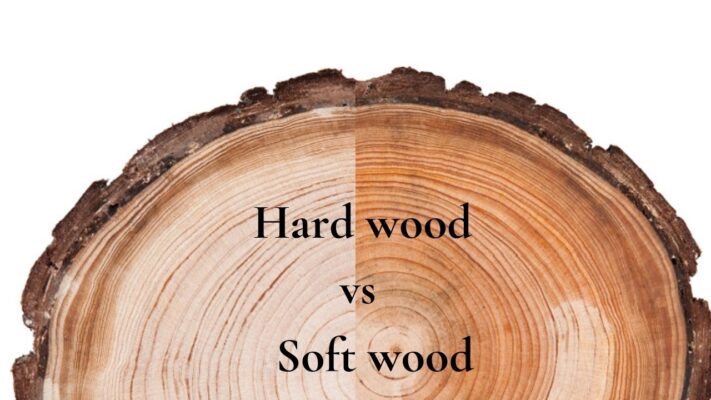
When it comes to wood pallets, the choice of material can significantly impact both durability and sustainability. Among the popular wood choices, hardwoods like Iroko and Sapele are often favored for their strength and resilience. These hardwood species are tough and can withstand the rigors of repeated use, making them ideal for heavy loads and long-term storage solutions. Their natural resistance to wear and damage ensures that wood pallets made from these materials have a longer lifespan, reducing the need for frequent replacements and promoting a more sustainable approach to shipping and logistics.
- Durability: Highly durable and resistant to wear, weathering, and insect damage.
- Weight: Heavier compared to other woods, which may influence transportation costs.
- Cost: Generally more expensive due to its strength, durability, and resistance to environmental factors.
- Availability: Sourced from Angola, available through K-Timber’s direct supply chain.
- Durability: Extremely strong and resilient, making it ideal for heavy-duty pallets.
- Weight: Moderately heavy, providing a balance between durability and manageability.
- Cost: Higher price point reflecting its robust properties and longevity.
- Availability: Widely available through K-Timber’s network.
- Durability: Known for its strength and versatility, Sapele is ideal for both indoor and outdoor applications.
- Weight: Moderately heavy, striking a balance between durability and ease of handling.
- Cost: Slightly more affordable than premium hardwoods but still valued for its durability and aesthetic appeal.
- Availability: Sourced from Africa and available through K-Timber.
- Durability: Renowned for its resilience to wear, tear, and environmental factors, making it perfect for long-term use.
- Weight: Heavier than most woods but manageable for construction and furniture applications.
- Cost: Priced higher due to its durability and unique reddish hue.
- Availability: Sourced from Angola and available via K-Timber’s direct supply chain.
Another wood option gaining traction is softwood, particularly Eucalyptus and Acajou d’Afrique . While softer than hardwoods, these species are lightweight and cost-effective, which makes them widely used in the pallet industry. Softwood pallets are suitable for lighter shipments and have a lower environmental impact due to their faster growth rates and renewable nature. Many manufacturers are now using sustainable forestry practices to obtain softwoods, ensuring that their wood pallets come from responsibly managed forests. This balance between cost and environmental accountability makes softwood a popular choice for businesses looking to be more eco-friendly.
- Durability: Moderately durable, offering good resilience when treated.
- Weight: Lighter than hardwoods, helping to reduce shipping weight.
- Cost: Affordable and cost-effective, making it a popular choice for standard pallets.
- Availability: Easily sourced from Angola through K-Timber.
- Durability: Naturally resistant to decay, with medium durability, ideal for outdoor pallets.
- Weight: Light to moderate, which makes it easy to handle.
- Cost: More affordable than hardwoods but slightly more expensive than typical softwoods.
- Availability: Commonly available from K-Timber’s local and international supplies.
Understanding these aspects will guide the selection process, ensuring that the chosen wood meets both functional and financial requirements.
Overall, the choice of material for wood pallets plays a crucial role in their durability and sustainability. Whether opting for sturdy hardwoods, cost-effective softwoods, or environmentally friendly reclaimed wood, businesses have a variety of options to consider. By selecting the right type of wood, companies can enhance their operational efficiency while also making a positive environmental impact. In an age where sustainability is key, making informed wood choices for pallets can lead to a brighter future for both industry and the planet.
Conclusion
In conclusion, choosing the right type of wood for your pallets or construction projects is crucial for ensuring durability, cost-efficiency, and sustainability. Hardwoods like Iroko, Doussie, Sapele, and Padauk offer exceptional strength and resilience, making them ideal for heavy-duty uses that require long-term durability. Their ability to withstand wear, weathering, and insect damage means they last longer, reducing the need for frequent replacements and minimizing overall costs. Though slightly heavier and more expensive, these hardwoods provide unmatched quality and performance for both indoor and outdoor applications.
On the other hand, softwoods like Eucalyptus and Acajou d’Afrique offer a lighter, more affordable alternative, suitable for lighter loads and easier handling. While softer than hardwoods, they still provide good durability when properly treated and are ideal for companies looking for eco-friendly, cost-effective solutions.
At K-Timber, we take pride in offering high-quality wood sourced directly from Angola and other regions, ensuring you receive top-tier materials for any project. Whether you’re looking for robust hardwoods or more manageable softwoods, our direct supply chain allows us to provide competitive prices without compromising on quality.
Ready to enhance your project with premium wood? Contact us today or visit K-Timber to explore our full selection and get a custom quote



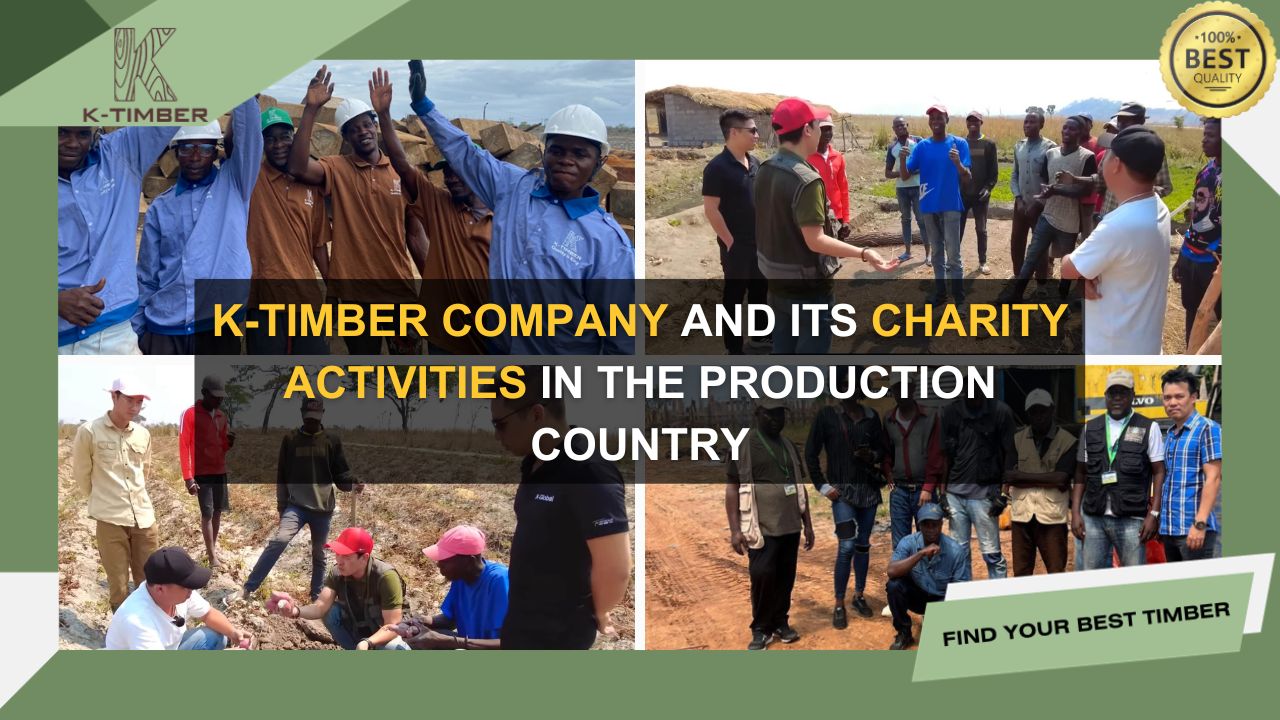
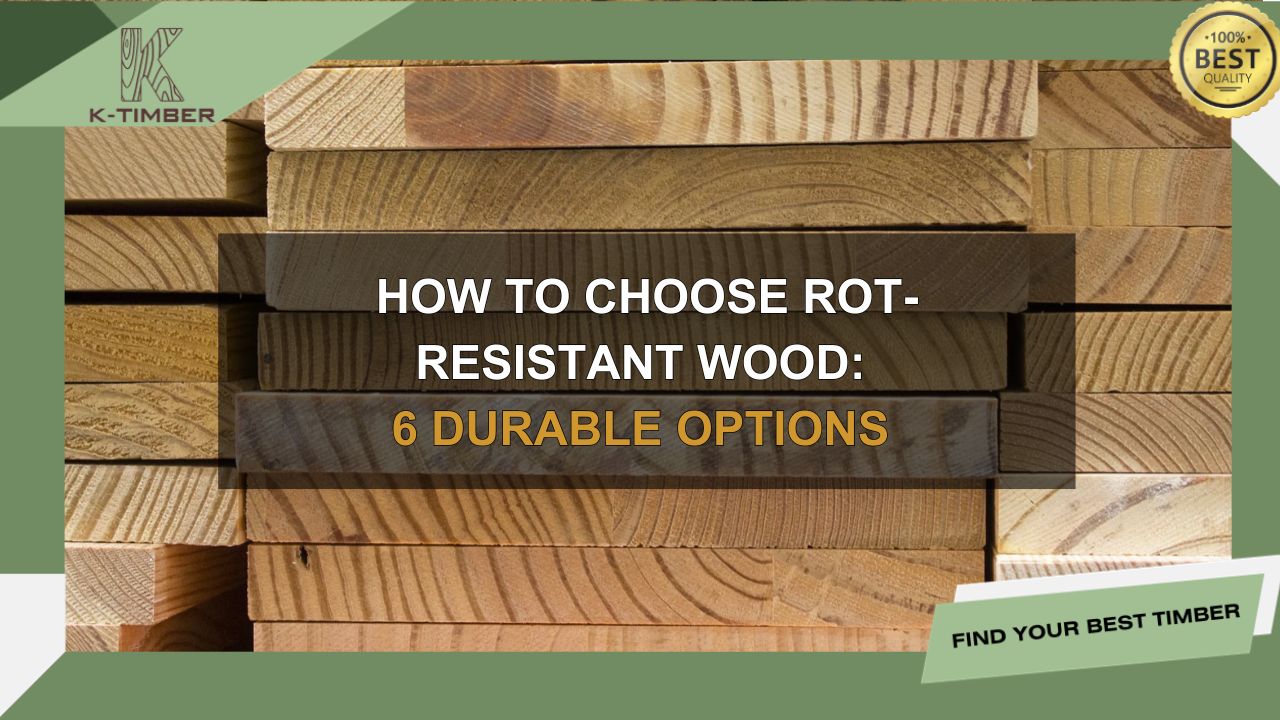
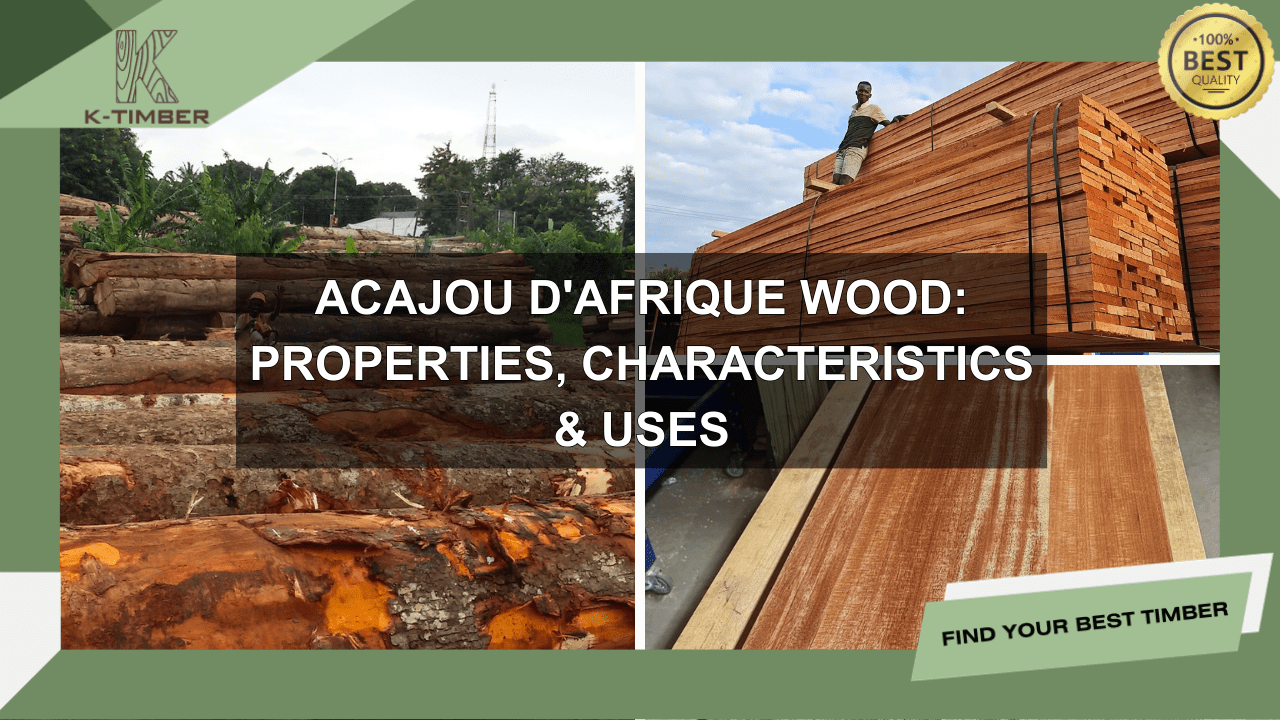
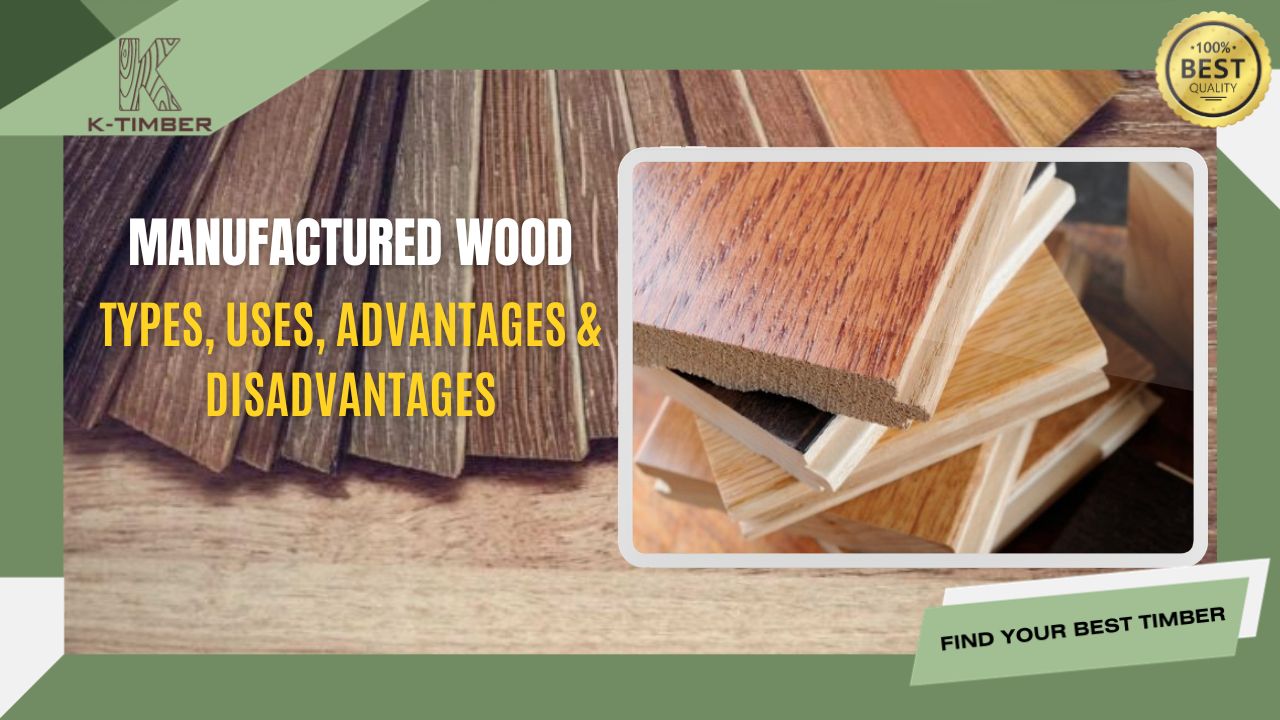
![[K-Timber] Blog Post Boder](https://k-timbers.com/wp-content/uploads/2024/06/K-Timber-Blog-Post-Boder-2.jpg)
